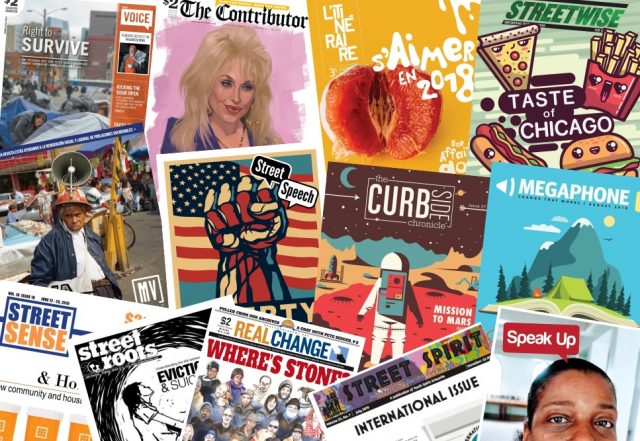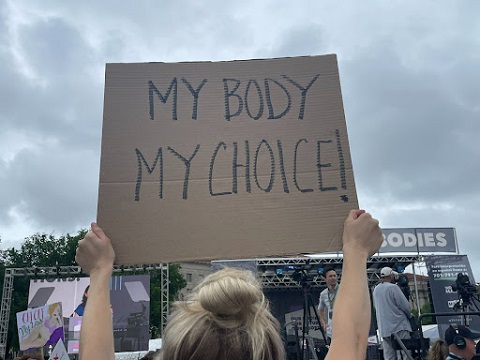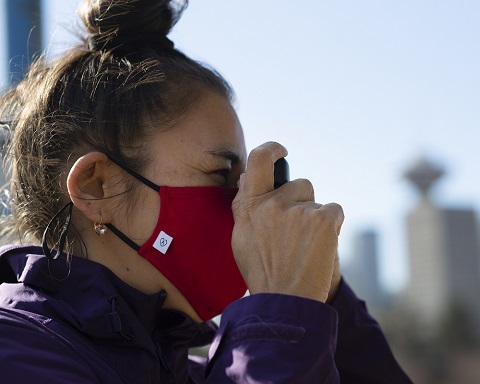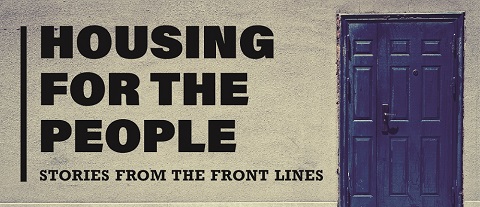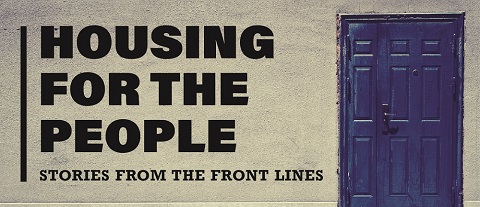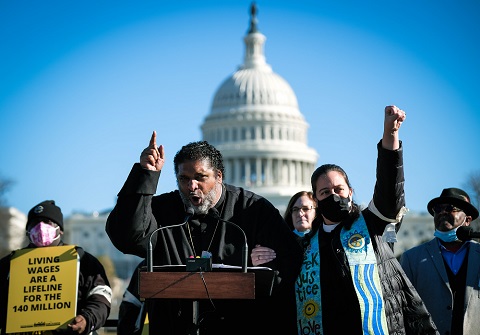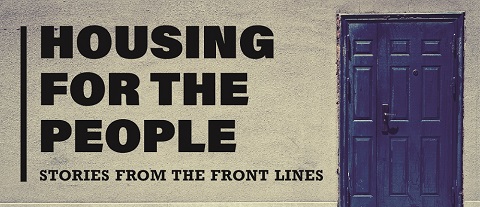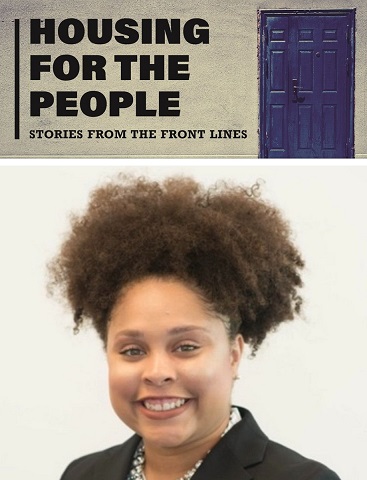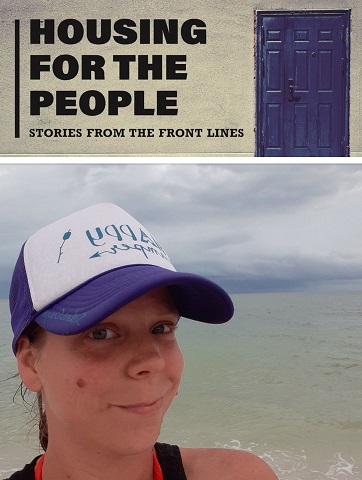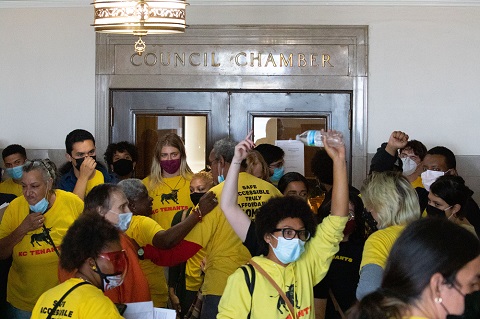By Idalia Ríos
Discussions around housing can be very complicated because the word means different things to different people. For some, housing means a roof over your head. For others, it means the famous American dream: to one day own your own house, leading you to a better life.
Idealists like me think that housing goes beyond just having a roof over your head. Housing means having a home. The reality during the pandemic is that inequity is more visible and becomes impossible to ignore. For many people, home is living in your car, with permission to park somewhere overnight but the need to keep moving on during the day. Home is a motel room with the worry of whether you’ll be able to pay for it next week because what you earn isn’t enough. It’s not enough for you to put down a deposit and pay a month’s rent somewhere else, now that you’ve been evicted. You were evicted because you lost your job, because they closed the restaurant where you worked, and your wife has to stay home to care for your kids. Home is moving your family, renting just one bedroom or one room. All the while, home is the foundation for your family’s health and wellbeing.
When we talk about the homeless, we think of the most destitute, those who live on the street, and we feel grateful for what we have. But the reality is that many of us are experiencing homelessness and don’t realize it because we do have a roof over our heads. Living with several other families in an apartment, unable to provide your own home and privacy for your family, is also a kind of homelessness.
![Idalia Ríos. [Photo courtesy of author]](https://hub.insp.ngo/wp-content/uploads/2021/03/INSP_Housing-op-ed-Idalia-Rios_1-1.jpg)
When I decided to emigrate to the United States my dream was to build a house on land my father-in-law gave us. Achieving the American dream hasn’t been easy so far. I now live in one bedroom with my two children. My ex-husband was deported and so my journey of learning about homelessness began. Now I know that I, too, am homeless. So are many other families, without realizing it. I have a roof over my head, but I don’t have a decent housing situation. For many immigrant and low-income families, the laws and regulations that exist create barriers to finding decent housing. In many cases, racism and discrimination persist.
Housing is an essential human need. The next time we want to advocate, to fight, to bring about change around education, fair wages, violence, or human rights, we should remember that everything begins with having a home. Everything revolves around housing.
If you have the power to make a decision, the power to help enact a policy, and if you are responsible for representing the most vulnerable, take action! Remember the Golden Rule: do for others as you would wish them to do for you. If you desire a better future and a better planet, have empathy and put yourself in someone else’s shoes. Everyone has the power to bring about change. The decision to take action is in your hands. Everyone deserves decent housing. When we take care of the neediest among us everyone in the community benefits.
Idalia Ríos is an immigrant and mother of two who lives in Santa Ana, California. Idalia is also a community leader with the Residents United Network (RUN) and is a member of the Housing Justice Narrative Fellowship Program led by the organization Community Change.
Translated from Spanish by Lydia Carter
This column is made possible through a partnership with Community Change and the International Network of Street Papers North America.




